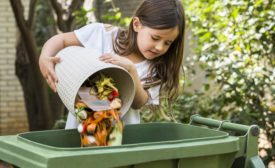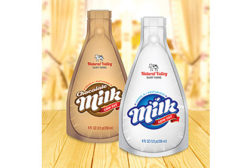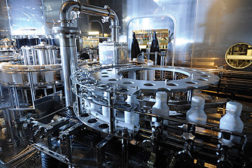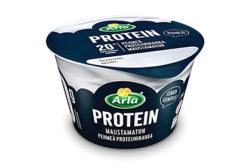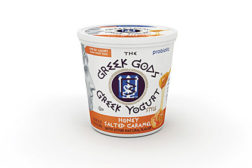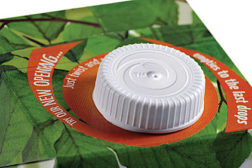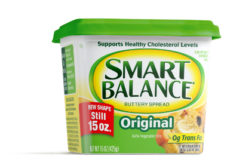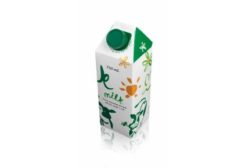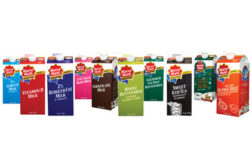Home » sustainable packaging
Articles Tagged with ''sustainable packaging''
Back to the land
The relationship between dairy packaging and composting is not that obvious because much dairy packaging involves plastics, which currently are not compostable.
Read More
Packages offer convenience and eco-friendliness
What’s more annoying than a package you can’t open? Perhaps one that goes into a landfill.
September 12, 2014
Edible dairy packaging and other green ideas
Packaging is not a big contributor to a dairy’s carbon footprint, but to consumers, it can be a symbol of a company’s eco-friendliness.
August 13, 2014
Carbon footprint
Global recycling of used Tetra Pak cartons increased by 10% in 2012
Tetra Pak packages with bio-based polymer caps derived from sugar cane grew to 610 million in 2012. Nestlé and Coca-Cola are among the first companies to use these packages in South America.
April 3, 2013
Processors see the big picture in packaging
If product is spoiled or damaged, then it doesn’t matter how “green” or sustainable the packaging is. Dairy processors are moving beyond waste and recyclability and taking a holistic view of product packages.
February 18, 2013
Stay ahead of the curve. Unlock a dose of cutting-edge insights.
Receive our premium content directly to your inbox.
SIGN-UP TODAYCopyright ©2024. All Rights Reserved BNP Media.
Design, CMS, Hosting & Web Development :: ePublishing
